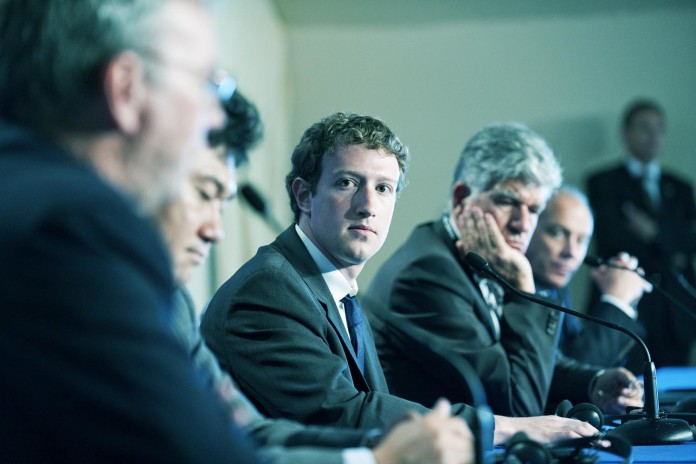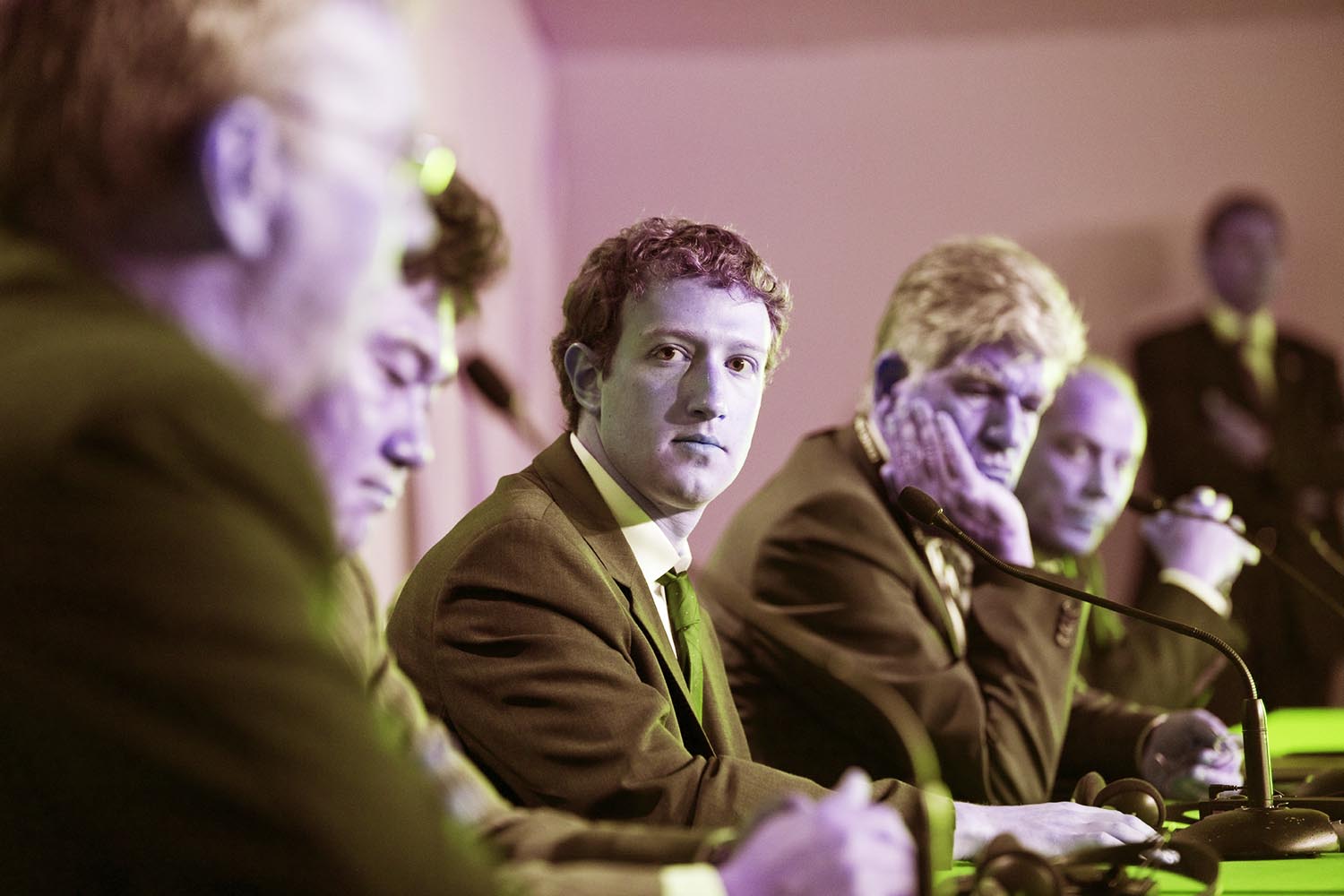
Mark Zuckerberg, the Facebook CEO, has said he will take two months of paternal leave once his daughter is born, given research studies that highlight the importance of hanging out with newborn kids.
The Facebook founder and his other half Priscilla Chan announced in July that they are expecting their first child. Zuckerberg stated he has decided to take some time from the Nasdaq-listed firm after the baby is born.
Like with Everything, Zuckerberg Brings Science to Defend His Logic
Zuckerberg declared that researchers have shown that the presence of both parents is vital to the early development of a child. At Facebook, he shared that they offer the US staff members as much as four months of paid maternal or paternal leave which they could take throughout the year.

Paternal/Maternal Leave Laws in Silicon Valley
According to US law, businesses must allow parents paid leave when they have a new addition to the family though time and payment status vary from state to state and business to business. Microsoft lately introduced 18 weeks of paid maternal leave, up from 12 weeks, and Netflix gives new mothers approximately a year away.
Facebook and Apple Even Offer to Freeze Your Eggs
Facebook and Apple, meanwhile, are amongst the business offering women the possibility to freeze their eggs as a perk of the job. However, Mr Zuckerberg’s decision is unusual amongst one of the highest ranks of American technology companies. Marissa Mayer, the chief executive of Yahoo, took 2 weeks off after her first baby’s birth in 2012 when she announced she was expecting with twin girls in September, she claimed she would certainly be taking limited maternal leave as well as working throughout.
The UK introduced new regulations on shared parental leave in April, allowing fathers 2 weeks of paid paternal leave and 50 weeks of paid maternal leave to new mothers. This leave can be divided between the couple and also can be taken whenever prior to the child’s first birthday, or within a year of adoption.

















